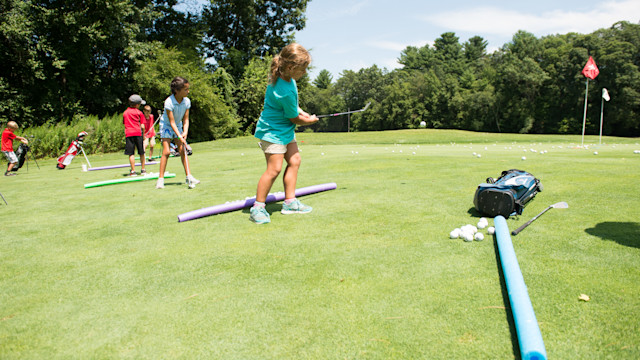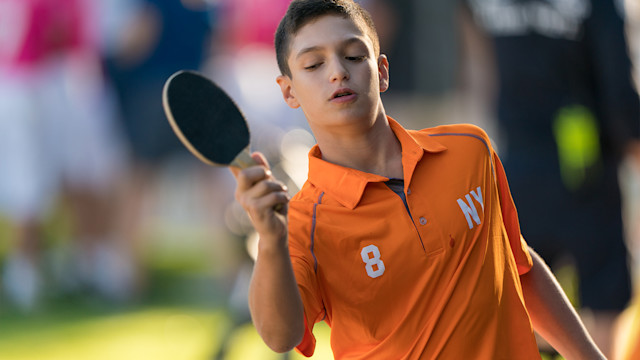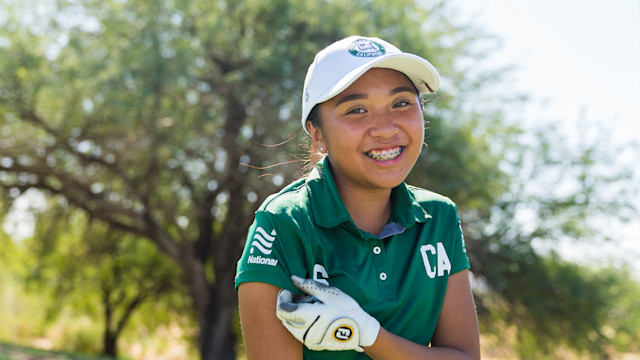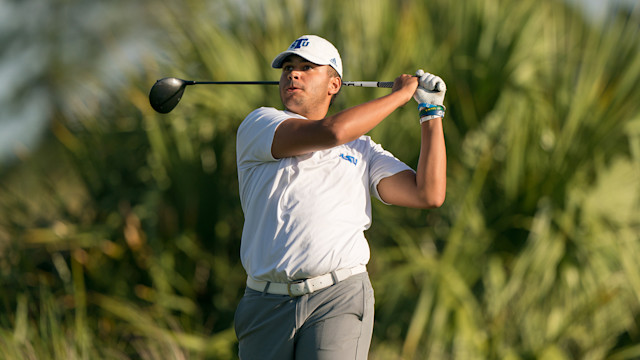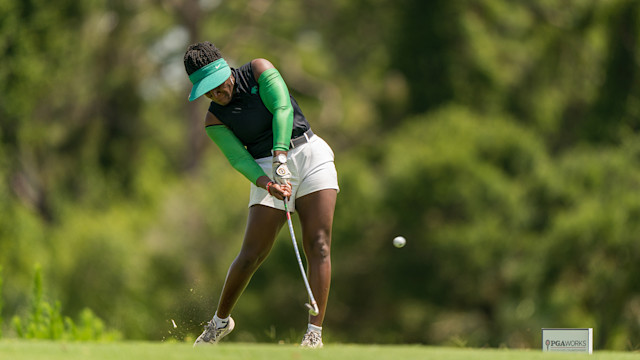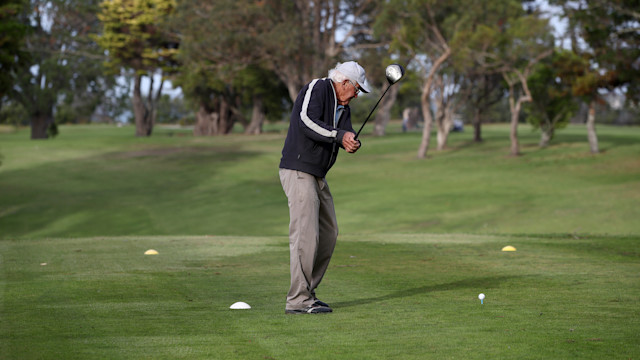From the PGA
American Development Model: Play to Improve
Published on

Play to Improve
Age (Please note: Ages are guidelines, not restrictions)
11-15 Girls
12-16 Boys
Primary focus: Improvement.
11-15 Girls
12-16 Boys
Primary focus: Improvement.
This stage centers around well-rounded development, as much as a person as an athlete. Practice should be varied and last 5 to 7 hours per week. Parents must keep an eye on equipment at this stage as growth spurts can lead to changes mid-season. This is a time of deepening friendships. As the competition gets more serious, it’s a season for learning how to win and lose. How to build confidence and respect for others.
Competition level: ADM recommends that players at this age should spend 60 percent of their time on training and 40 percent in competition.
What the coach recommends: Wake Forest head coach Jerry Haas, a former PGA Tour player, has been on the recruiting trail for decades and conducts a junior camp every summer on campus at the Arnold Palmer Complex. He recommends that players stay involved in other sports throughout this stage of growth to prevent injury and stave off burnout. Rather than beat balls, Haas says there’s more value young players spending their after-school session playing three to five holes. Mini-rounds can challenge a player in all facets of the game, including how to bear down at the finish. It’s too easy to work out a kink on the range or get into a rhythm by hitting ball after ball. The true challenge lies in self-correction on the golf course with limited swings.
Coach says: “You really learn about yourself when you play.”
Competition level: ADM recommends that players at this age should spend 60 percent of their time on training and 40 percent in competition.
What the coach recommends: Wake Forest head coach Jerry Haas, a former PGA Tour player, has been on the recruiting trail for decades and conducts a junior camp every summer on campus at the Arnold Palmer Complex. He recommends that players stay involved in other sports throughout this stage of growth to prevent injury and stave off burnout. Rather than beat balls, Haas says there’s more value young players spending their after-school session playing three to five holes. Mini-rounds can challenge a player in all facets of the game, including how to bear down at the finish. It’s too easy to work out a kink on the range or get into a rhythm by hitting ball after ball. The true challenge lies in self-correction on the golf course with limited swings.
Coach says: “You really learn about yourself when you play.”
Athletic Skills: Agility, footwork, balance, complex coordination, strength, core strength and flexibility.
Technical skills: Start to master technical skills. Developing consistency under pressure. Focusing on putting, chipping, full swing, bunker play, green reading, pitching and club selection.
Psychological Development: Love of the sport, focus, simple goal setting, self-motivation, confidence, decision-making, self-reliance, understanding winning and losing, respect.
Social Development: Independence, sharing, confidence. Peer group acceptance becomes important and physical competency plays a role in how one is perceived.
Practice: Random practice sessions in different environments. 45-90 minutes per session. 5-7 hours per week. Fun, on-course play.
Competition: Competition is good at this stage. It should include fun and social activities. Stakes of competition are increased. 60% of time spent training and only 40% of time in competition.
Emphasis on 18-hole events.
Equipment: Full set of equipment at this stage. Should be monitored closely, as they can outgrow it in the midst of the season.
Where to play: Course length for males up to 6,4000 yards. Females up to 5,800 yards. This is a guideline.
